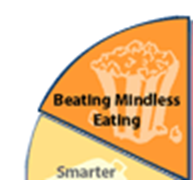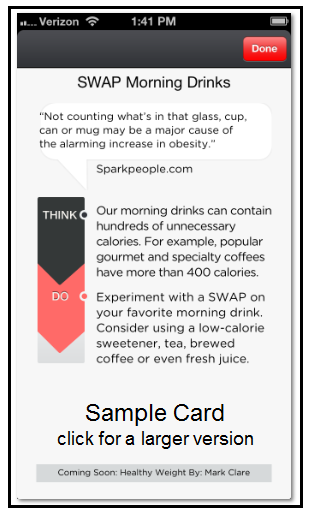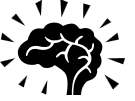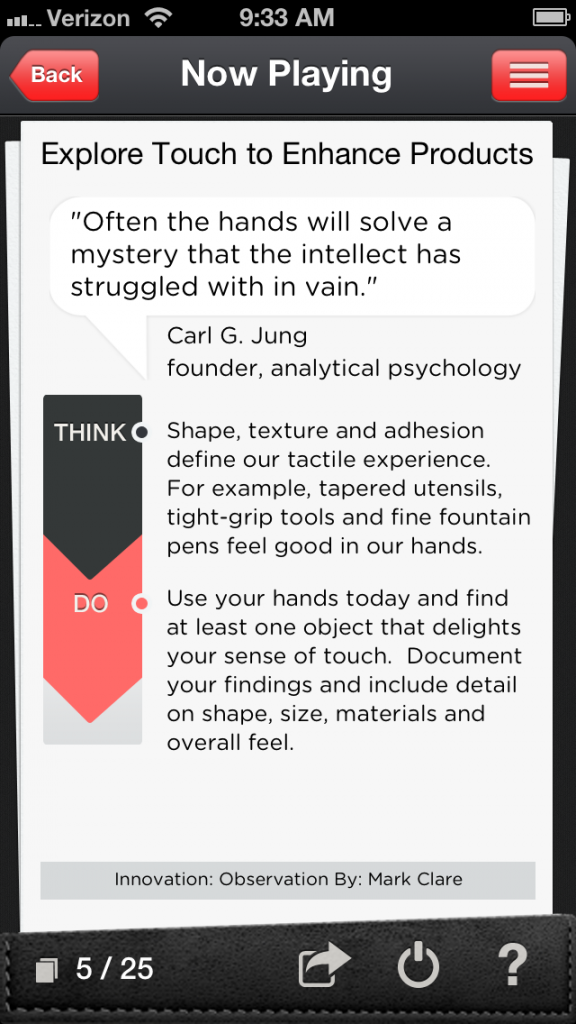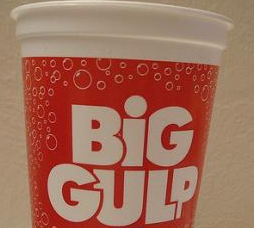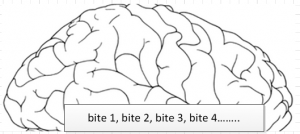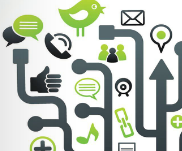 The Chief Learning Officer magazine ran a recent article on microlearning - In Learning, Size Matters. The idea is to deliver bite-sized learning experiences when needed that are fully integrated into work. The emphasis is on improving performance by learning from immediate experience. While this may remind some of learning objects, we are now in the era of posts, tweets and smart phone reminders.
The Chief Learning Officer magazine ran a recent article on microlearning - In Learning, Size Matters. The idea is to deliver bite-sized learning experiences when needed that are fully integrated into work. The emphasis is on improving performance by learning from immediate experience. While this may remind some of learning objects, we are now in the era of posts, tweets and smart phone reminders.
The article includes comments from readers, for example:
Parul Gupta: Bite-sized learning is what sticks with learners. Learners are so overloaded with content that a clear, concise and crisp bite of learning is what they cherish. I saw these bites catch fire in a leader-led development program. The small bites of learning should consist of a single topic and need to be extremely well designed.
I’ve seen that too but how do we design microlearning experiences? One way is the knowledge card model. In this approach, we take a particular performance or learning goal and break it down into a set of techniques and behaviors that need to be mastered. Each card offers a microlearning script for practicing a technique or behavior. Participants that want to improve get a small deck of cards and start their day by picking one to play. They pick a card that is sure to fit their circumstances.
For example, I recent developed 5 decks that support microlearning the competencies of innovation. One deck is focused sharpening your observation skills to deepen and broaden what you learn from experience. An example card:
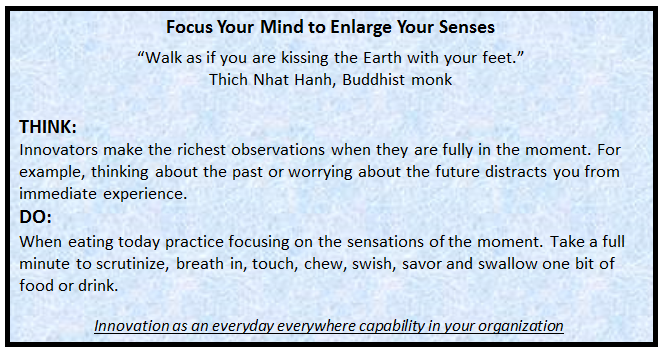
Something that takes only a few minutes and can easily be integrated into snack or meal time. This is a microlearning from experience. Imagine now 24 other such experiences designed to open all five of your senses to drive deeper learning and innovation. Micro changes that accumulate into macro effects, all designed for how our minds naturally work.
Knowledge cards are one way to design and deliver microlearning on a wide variety of topics. I am interested to hear from readers that are using different designs.

 The Global Women’s Leadership Network has joined forces with others to launch a major effort in developing women and girl leaders around the world. They posted an open innovation challenge and are looking for fresh thinking on how to quickly build leadership capacity in women and girls. Their stretch goal is to develop 5 million women change agents improving our world in 5 years.
The Global Women’s Leadership Network has joined forces with others to launch a major effort in developing women and girl leaders around the world. They posted an open innovation challenge and are looking for fresh thinking on how to quickly build leadership capacity in women and girls. Their stretch goal is to develop 5 million women change agents improving our world in 5 years.